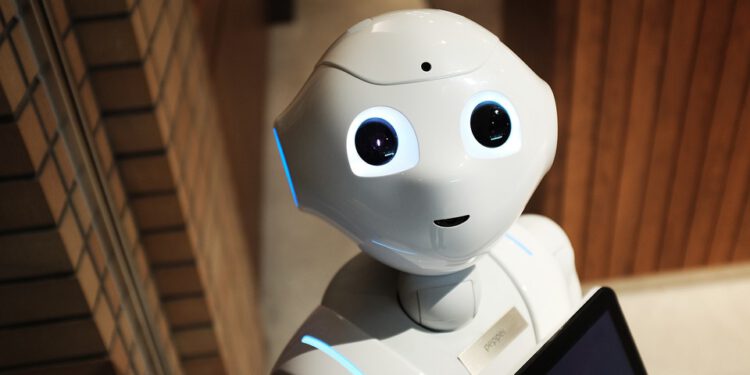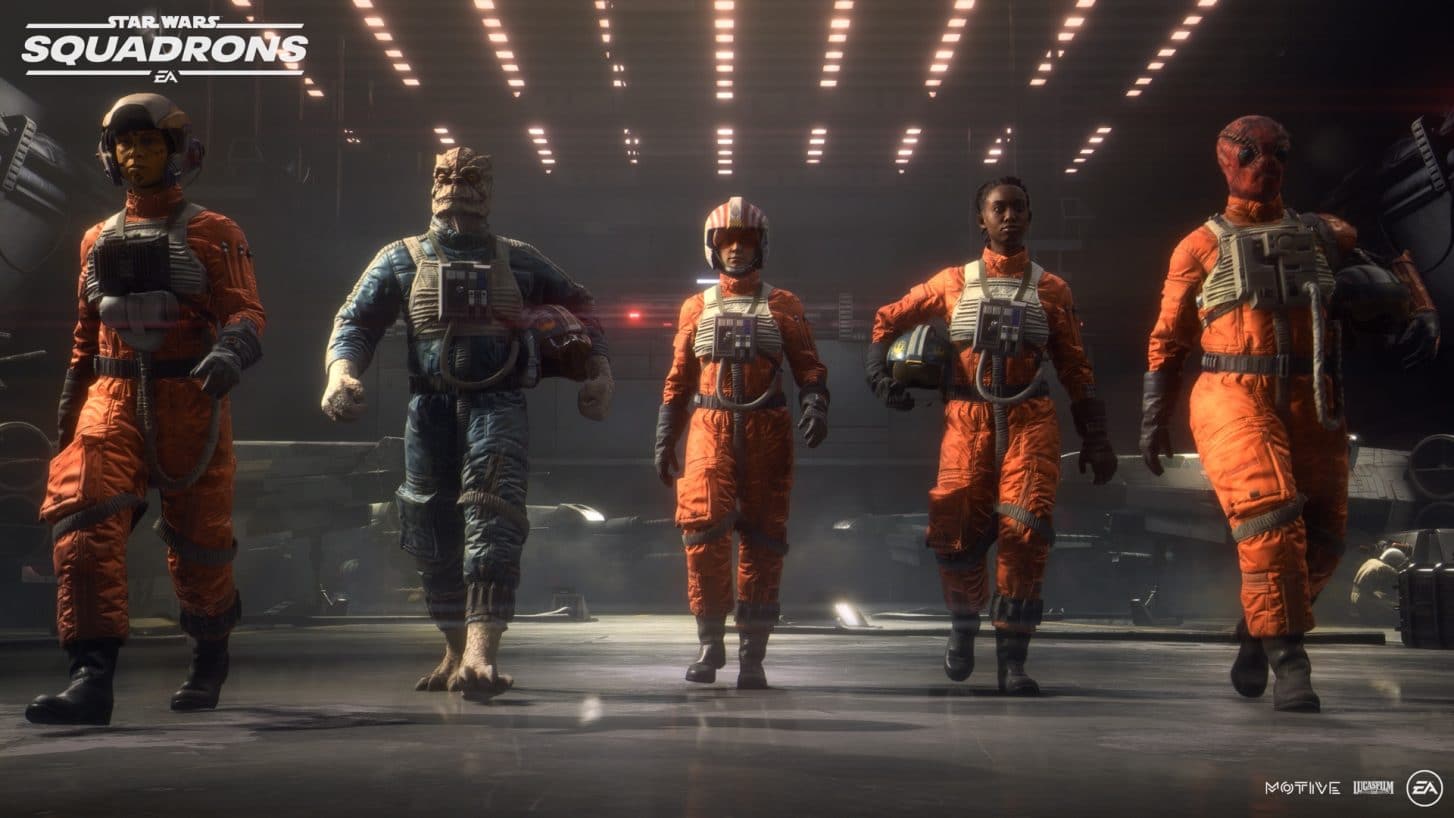Artificial intelligence has been installed in people’s lives and has been gaining more and more weight. They replace humans in various activities and thinking about the possibilities they could achieve almost scares. But, for the moment, there is something that still differentiates men from machines: consciousness.
The capacity of the machines is exceeded on a daily basis. Artificial intelligence is here to stay, and awareness is your big challenge to achieve. But the scientific community is divided regarding the possibilities they will have to achieve it.
Processing large amounts of data in real time is a task overrun by machines, who still have the ability to realize themselves as well as their environment. A key part in the development of consciousness and, without which, they will not be able to replace human beings in each and every one of the works they perform. Lack of awareness makes it impossible to get involved in legal and ethical problems to ensure their behavior within human standards. Thus, ensuring their rebellion against the people it would be impossible to foresee. A fear that, for the moment, looks distant, and on which there is no consensus.
The opinions of researchers regarding this type of machine called hyperaware, as well as the conception of the term conscious and its equalization with human consciousness, remain a point of dialectical conflict.
Can a machine be said to be” conscious ” in the same way that a person is? In fact, could it really be? Some physicists and philosophers defend and believe in the consciousness as the exclusive capacity of human behavior which cannot be copied by machines. Creativity itself or the feeling of freedom are some human characteristics over which neither logic nor calculations reign.
But this view is not shared by all. The exclusivity of consciousness is not shared by all the scientific world that understands that, according to the development of the technology itself, machines will be able to count on it. According to this argument, consciousness would involve the accumulation of information as well as the recovery of previous knowledge and the cognitive processing of all of it in appreciations and actions. A thesis that leaves humanity badly stopped, on which the information storage capacity of machines would be imposed in a resounding way reaching a higher consciousness than that of the people themselves.
Different visions of consciousness that also discern in their origin. From this point you can observe two different approaches taking consciousness as something given or as something intrinsic to the human condition.
A perspective on which quantum theory also contributes its bit from the orthodox interpretation of Copenhagen. Your position, called “big-C”, contemplates a single reality where consciousness and the physical world are complementary aspects. Understand that consciousness is something given and that doesn’t come from physics. It exists on its own, even though it needs a brain to become real.
A perspective contrary to the ”small-C” that defends consciousness as something typical of biology. It emerges from it and, therefore, in turn it emerges from chemistry and physics itself. It is something intrinsic to the person and not a sample that adheres to it over time.
Biology marks the structure of the human mind where its self-organizing system it is still difficult to copy for current machines. Knowing if consciousness follows this same system of operation would be a future challenge for technology. Designing adaptable systems that reach the level of sophistication that the human brain has is a difficult task. The absence of a mathematical theory of computation the fact that it solves systems of this kind makes one wonder if it might be impossible to reproduce it. Perhaps the exclusivity of creativity or flexibility remains only in the hands of biological machines. But will it be convenient for humanity to develop such machines? How beneficial is the implementation of consciousness in machines? Will he turn against you?
A series of unknowns where only the future and the development of technology, consciously or unconsciously, will have the last word.








